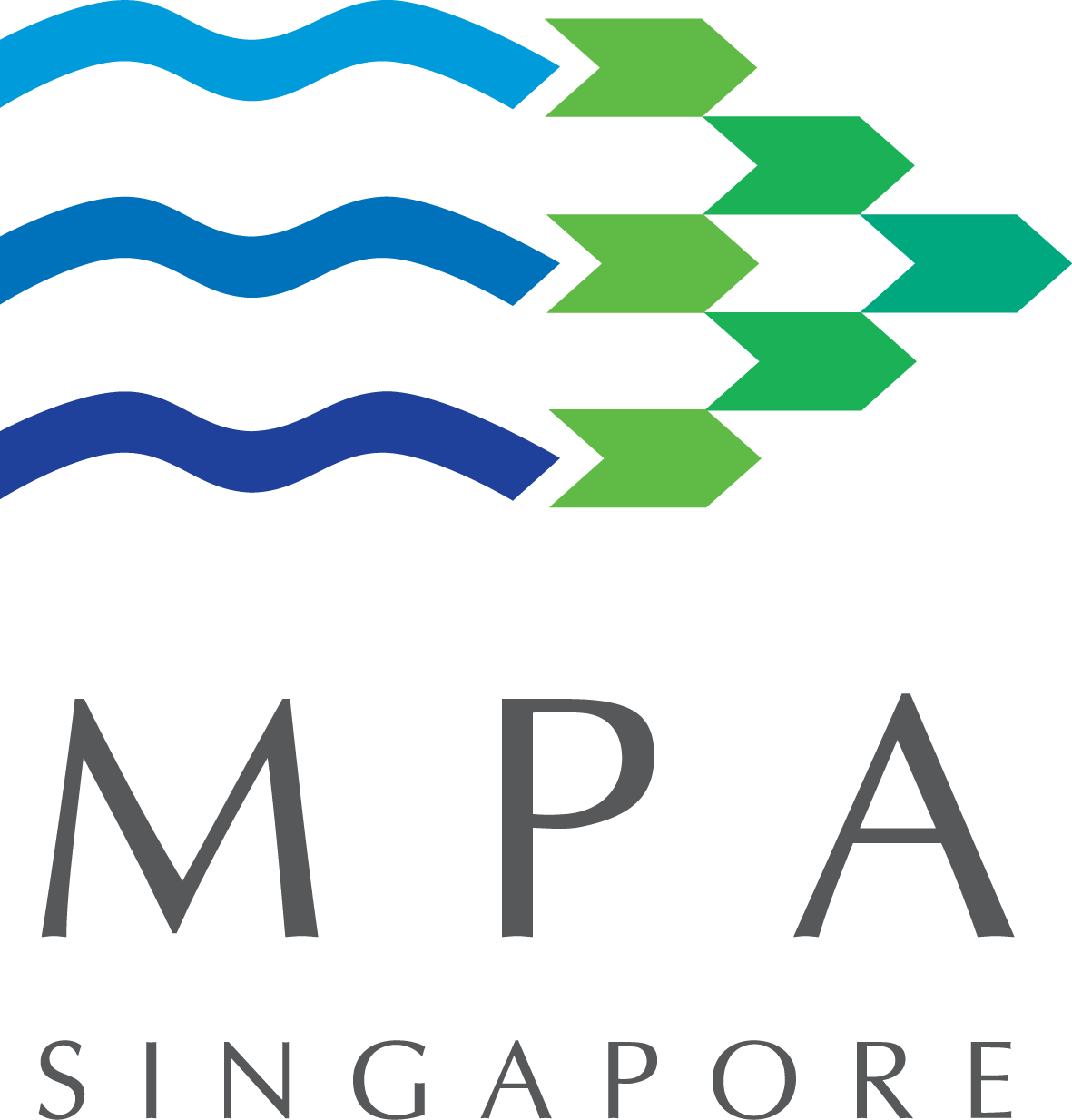SPEECH BY MR ANDREW TAN, CHIEF EXECUTIVE, MARITIME AND PORT AUTHORITY OF SINGAPORE, AT OPENING CEREMONY OF INAUGURAL PORT MANAGEMENT PROGRAMME ON 8 DEC 2014 AT 9.05AM AT FURAMA RIVERFRONT HOTEL
Distinguished guests
Ladies and gentlemen
INTRODUCTION
I am very pleased that all of you are able to join us today for the start of the inaugural Port Management Programme or PMP for short. I would like to extend a warm welcome to the PMP participants, many of whom have travelled long distances to attend this programme. I am delighted to note that we have 15 participants from Asia, Africa, Europe, Middle East, the Caribbean and Oceania attending this inaugural programme.
IMPORTANCE OF MARITIME INDUSTRY
We are all familiar with the increasingly important role that shipping plays in our globalised world. Over 90% of world trade is carried by sea and seaborne trade is expected to remain the dominant mode of moving cargoes. Singapore is located along one of the busiest waterways used for international shipping, and our location has contributed to the growth of our hub port as well as our international maritime centre. In the words of Singapore's Minister Mentor, Mr Lee Kuan Yew, at the inaugural Singapore Maritime Lecture in 2007, "Singapore's raison d'etre was its port. Singapore must strive to remain a major hub port". These words clearly highlight how the growth of our port is closely linked with the development of Singapore's economy. Today, Maritime Singapore is a key pillar of Singapore's economy and contributes 6% to 7% of Singapore's GDP employing more than 170,000 people. We are one of the busiest ports and transhipment hubs in the world, and a leading international maritime centre.
GREATER EMPHASIS ON TRAINING
To ensure sustained and continued growth, Singapore places strong emphasis on human capital development. This is necessary as we have to ensure that our maritime workforce is well prepared to meet the industry's current and future needs. We also believe that developing maritime talent is a common denominator that cuts across different maritime nations. We face common issues in many areas like navigational safety, maritime security, and higher environmental standards. Manpower development is therefore getting more important to equip maritime officials to face the challenges ahead.
In the area of training, Singapore has a unique value proposition to offer as a global hub port, quality flag state and coastal state of a major international waterway. Over the years, MPA has been conducting training for its officers and also training overseas officers under technical assistance programmes. Under the Singapore-IMO Third Country Training Programme, we have trained more than 1600 officials over the last 15 years and another 1135 officials since 2001 under the MOU with Indonesian Directorate General of Sea Transportation. MPA recently re-positioned the MPA Academy, which is the training arm of MPA, to be a global centre of learning for maritime and port administration. To do so, the academy will develop new flagship programmes for overseas port and maritime officials. These flagship programmes will enable us to share our knowledge and experience for the benefit of the international maritime community. The Port Management Programme or PMP is one such programme that will provide a platform for maritime leaders like yourselves to interact and exchange ideas and experiences.
PORT MANAGEMENT PROGRAMME - NEW FLAGSHIP PROGRAMME
The PMP has been designed to cover a broad range of issues facing the maritime industry. These include container port planning and terminal operations, vessel traffic management, and emergency planning and preparedness. Unlike other programmes, we have for the first time included a session on crisis communications management as we feel that this is an important area that will be relevant to many. The lectures will be supplemented by site visits to show you how we do things in Singapore. There will be site visits to the PSA terminals, the Port Operations Control Centre, and the Integrated Simulation Centre. Another first will be the visit to Oil Spill Response Limited or OSRL for a showround and demonstration of the latest oil spill response equipment.
Allow me to thank the lecturers for taking time to share their experiences and to the companies for hosting the visits.
MPAA TRAINING AWARD
Aside from being the first run of the PMP, this batch of PMP participants are the first recipients of the MPAA Training Award. The award is valued at S$10,000 and covers the programme fees, accommodation and airfares. The award is a testimony of our firm commitment to manpower development for the maritime industry.
SOCIAL PROGRAMMES
In Singapore, we have the tendency to do a lot of things in a short space of time and this programme is no exception. But despite the heavy schedule, we have set aside some time for participants to relax. Tonight we have arranged for a welcome dinner to try out some local cuisine including the famous chilli crabs. We are also organising a visit to the Gardens by the Bay, which is one of the Singapore's icons featuring diverse plant life from around the world. We hope that these outings will give you an opportunity to experience a bit more of Singapore.
CONCLUSION
On this note, I wish all participants an enriching and enjoyable learning journey and a memorable stay in Singapore.
